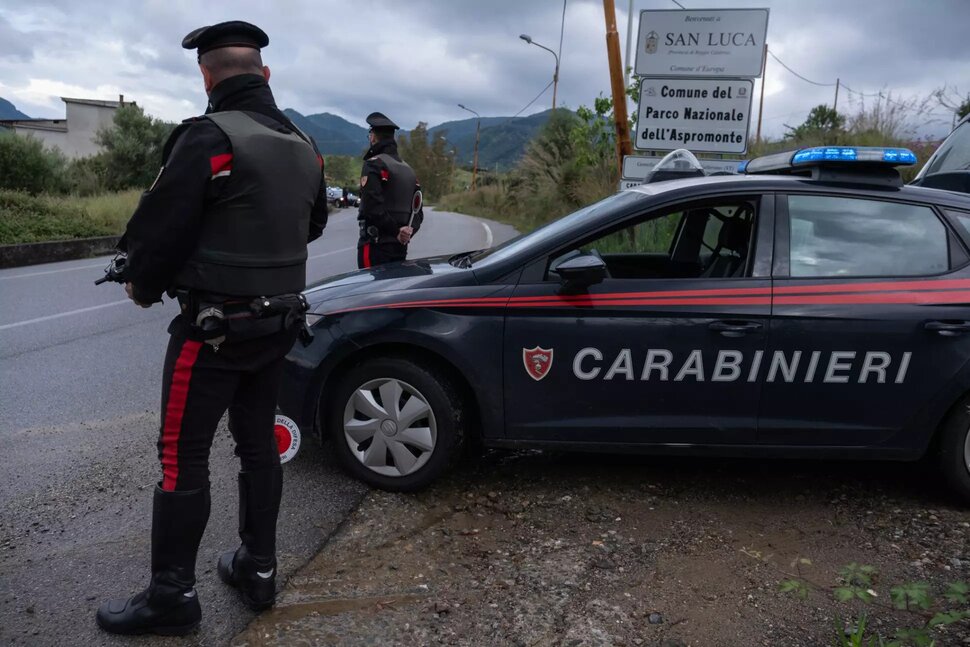The international operation involved raids in 11 countries, also including Brazil, France, Panama, Portugal, Romania, Slovenia, and Spain. Several companies were seized.
Among those arrested were two fugitives from the EU Most Wanted list. Europol stated that over 2,770 officers participated in the operation, which targeted what is believed to be one of the most powerful criminal organizations in the world, responsible for Europe's cocaine trade, money laundering, bribery, and violence.
The criminal network was primarily led by families based in San Luca, a town in the province of Reggio Calabria, with members involved in drug trafficking, firearms trafficking, illegal firearms possession, money laundering, fraudulent asset registration, tax fraud and evasion, and aiding and abetting fugitives. The group has been responsible for massive shootings both in Italy and abroad.
The investigation was a priority case for Europol's Analysis Project on Italian Organized Crime, which provided intelligence packages and cross-match reports to the national investigative units involved.
The Analysis Project also supported the search for the fugitives and hosted case officers who analyzed the encrypted communication gathered during the probe. On the day of the operation, Europol deployed specialists with mobile offices in the countries where the arrests were made.
The inquiry revealed that ‘Ndrangheta had established partnerships with the Colombian organized crime group ‘Gulf Clan’ and an Albanian-speaking syndicate operating in Ecuador.
The network was involved in international firearms trafficking from Pakistan to South America, providing weapons to the criminal group PCC in return for cocaine shipments.
‘Ndrangheta members relied on facilitators who utilized the hawala system to finance the purchase of cocaine or transfer illicit assets. Investigators also uncovered a global money laundering system with investments in Belgium, Germany, Italy, Portugal, Argentina, Uruguay, and Brazil, enabling the criminal organization to invest in a range of commercial activities, including real estate, restaurants, hotels, car wash companies, and supermarkets. The discovery highlights the extent of the ‘Ndrangheta’s criminal activities and the scale of its operations across multiple continents.

